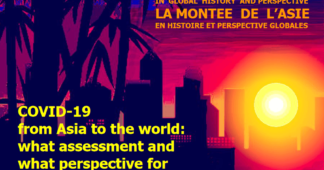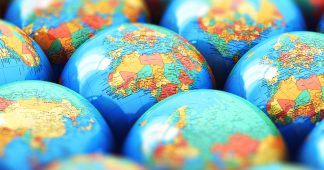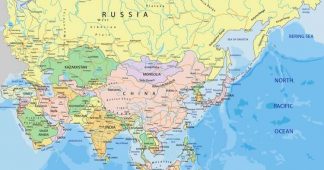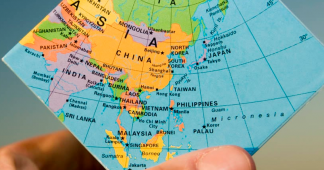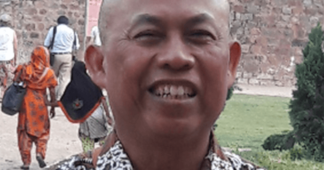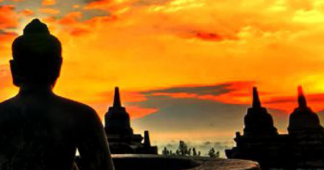A roundtable in the conference “THE RISE OF ASIA IN GLOBAL HISTORY AND PERSPECTIVE: Covid-19 from Asia to the world: what assessment and what perspective for a common future?” organised by the University Le Havre Normandy, France, February 9-11, 2022
The roundtable is open to individual and group paper presentations. Those willing to present their papers are invited to submit online their proposals until December 31, 2021. The introduction and the guidelines to submit proposal are available online at https://bandungspirit.org/
The Covid-19 global situation allows us to state the following points :
- We are living in a crisis of civilisation provoked or accelerated by the pandemic and the climate change, crisis that may be seen as a transition from capitalist mode of production-based towards another ; the new one is however unknown in advance.
- Asia plays an important if not leading role towards a new global civilisation ;
- There is a risk that the rise of Asia leads to a planetary catastrophe since it is based on a model of growth created and developed by the West based on economism, productivism, consumerism, materialism, patriarchy, model denounced as the root problem.
So, how does this “crisis of civilisation” manifest in different fields and different localities ? In what way the pandemic affects peoples, societies, nations, states ? How do they manage the pandemic ? Do Asian countries perform better than others ? Does the pandemic constitute a point of “bifurcation” (Immanuel Wallerstein), a moment of “delinking” (Samir Amin), towards a “global rebalancing” or a “global restructuring” (Manoranjan Mohanty) ? What “status quo” and what “transformation” following the pandemic ? Are there signs of changes towards a new global post-capitalist, post-productivist, post-consummerist, post-materialist, post-patriarcal civilisation ?
As a matter of indication, major changes in the following fields may help us to answer those questions :
- Gender and women’s issues (feminist movements, ecofeminism, gender justice, “depatriarcalisation”, LGBT, MeToo…)
- Ecology (climate change, pandemic, green cities, green capitalism, eco-renewable energy, plastic, waste, pollutions, eco-socialism, vegetarianism, veganism…)
- Digital universe (information, communication, media, GAFAM, Ali Baba, cryptocurrency, fake news, artificial intelligence, cyber-economy, cyber-crimes, cyber-war…)
- Biotechnology (medical-agricultural-industrial-environmental-biotechnology, genetic engineering, cloning, GMO, vaccines…)
- Demography (national-regional-international uneven growth, aging societies, over population, ethnic-religious-conflicts, urbanisation, migration…)
- New phase of decolonisation (counter hegemony, decolonisation of mind, Black lives matter, Palestine lives matter, anti-racism, anti-occupation, anti-apartheid, anti-war…)
It is to assess the state of the world under Covid-19 pandemic and to catch the perspective of a common future that the 6th edition of the Rise of Asia Conference Series is organised. It encourages the participation of scholars from a wide range of scientific disciplines (area studies, cultural studies, ecology, economics, geography, history, humanities, languages, management, political and social sciences…) and practitioners from diverse professional fields (business, civil society, education, enterprise, government, management, parliament, public policy, social and solidarity movements…) as well as artists and writers, based in diverse geographical areas (Africa, North, Central and South America, Australia, Asia, the Caribbean, Europe, Oceania, Pacific…).
We remind our readers that publication of articles on our site does not mean that we agree with what is written. Our policy is to publish anything which we consider of interest, so as to assist our readers in forming their opinions. Sometimes we even publish articles with which we totally disagree, since we believe it is important for our readers to be informed on as wide a spectrum of views as possible.
